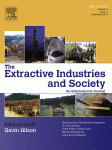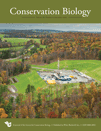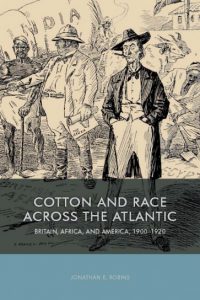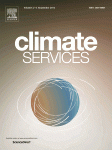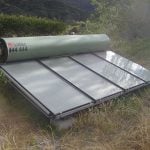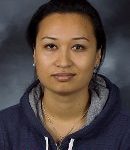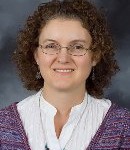
Kari Henquinet published an article “Production of Knowledge: International Development Agencies: Sahelian West Africa” in the collaborative project Encyclopedia of Women and Islamic Cultures Online (Brill publishing). The Encyclopedia of Women and Islamic Cultures Online crosses history, geographic borders and disciplines to create a groundbreaking reference work reflecting the very latest research on gender studies and the Islamic world. Read More

